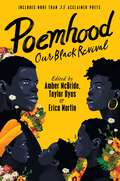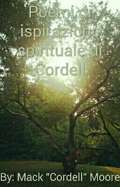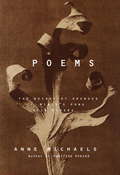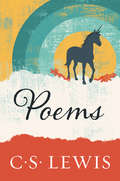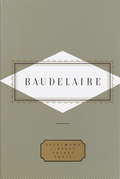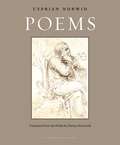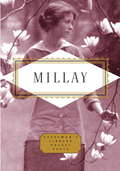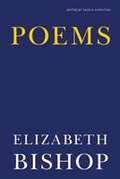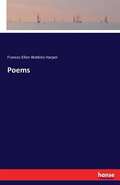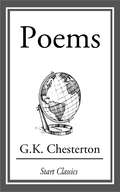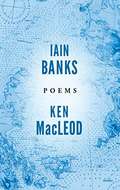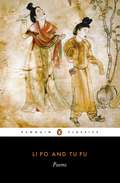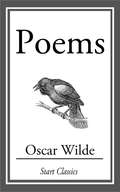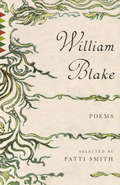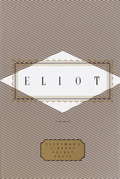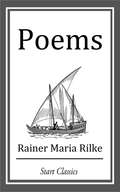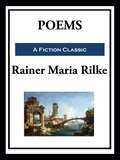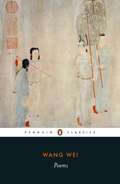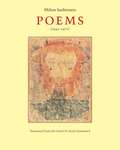| Title | Author | ISBN | Copyright | Features | Action |
|---|---|---|---|---|---|
| Poemhood: History, Folklore & the Black Experience: A Young Adult Poetry Anthology 5868044 | Erica Martin Amber McBride Taylor Byas | 9780063225305 | 1987 | Contains images | |
| Poemi di ispirazione spirituale di Cordell 1656884 | Mack C. Moore Stefania Pezzato | 9781547503612 | 2017 | ||
| Poems 373 | Adam Lindsay Gordon | Read Now | |||
| Poems 3615 | Alan Seeger | Read Now | |||
| Poems 717155 | Anne Michaels | 9780307559135 | 1999 | ||
| Poems 860776 | C. S. Lewis | 9780547543888 | 1964 | ||
| Poems 1487791 | C. S. Lewis | 9780062565518 | 1992 | Contains images | |
| Poems 1000893 | Charles Baudelaire | 9780375712739 | 1988 | ||
| Poems 3993524 | Cyprian Norwid Danuta Borchardt | 9781935744535 | 2011 | Contains images | |
| Poems 782228 | Edna St. Millay | 9780804152952 | 2010 | Contains images | |
| Poems 3799422 | Elizabeth Bishop | 9780374532369 | 2011 | ||
| Poems 1290719 | Frances Ellen Watkins Harper | 9783741114861 | Read Now | ||
| Poems 1303689 | G. K. Chesterton | 9781609773588 | 2013 | ||
| Poems 3382 | George P. Morris | Read Now | |||
| Poems 4124828 | Iain Banks Ken MacLeod | 9781408705889 | 2015 | ||
| Poems 4140732 | Iain Banks Ken MacLeod | 9781408705889 | 2015 | ||
| Poems 5964742 | Li Po Tu Fu | 9780141915258 | 1990 | Contains images | |
| Poems 3601 | Oscar Wilde | Read Now | |||
| Poems 1307381 | Oscar Wilde | 9781633551947 | 2012 | ||
| Poems 1440540 | William Blake Patti Smith | 9780525434856 | 1977 | Contains images | |
| Poems 1004634 | T. S. Eliot Peter Washington | 9780375712753 | 1998 | Contains images | |
| Poems 1303562 | Rainer Maria Rilke | 9781609772345 | 2013 | ||
| Poems 4250429 | Rainer Maria Rilke | 9781649741707 | 2021 | ||
| Poems 5964164 | Wang Wei | 9780141398426 | 1973 | Contains images | |
| Poems (1945-1971) 3996830 | Miltos Sachtouris | 9781935744405 | 1988 |
